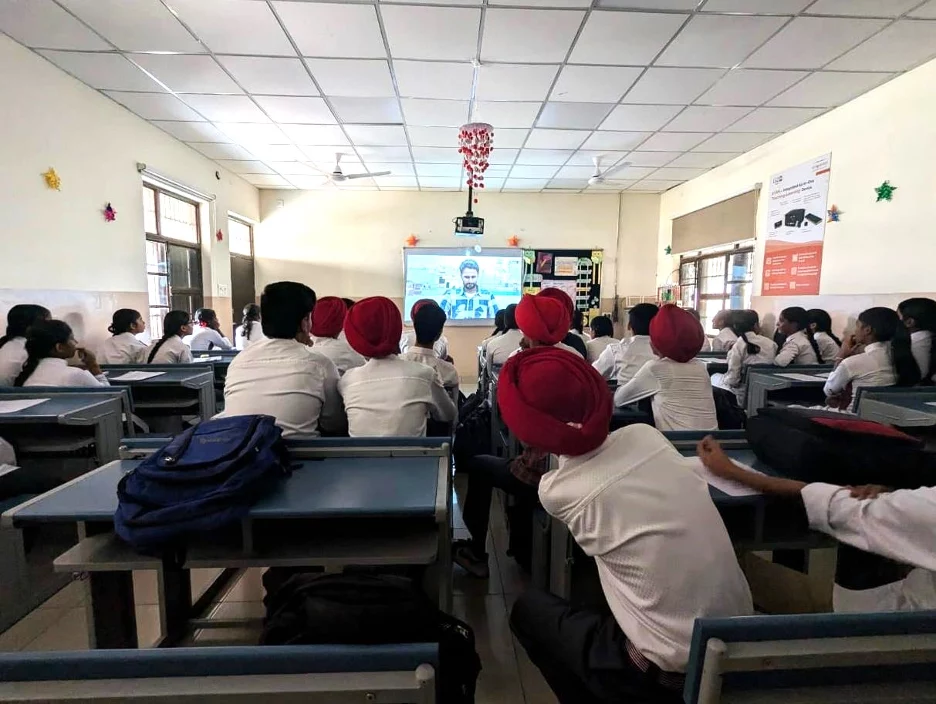Government of Punjab Develops Drug Prevention Program
Researchers partner with the Government of Punjab to scale a curriculum that combats misbeliefs among youth about drug experimentation and addiction to all government-run secondary schools in the state, reaching more than 750k students.

Widespread drug use—in particular opioid use—presents a pressing public health epidemic in the Indian state of Punjab. By some estimates, up to 3% of the population of Punjab uses opioids. The problem appears especially severe in rural areas and among young men, with estimated opioid usage rates as high as 15% among those aged 18 to 35 years old.
A pilot study led by CEGA researchers (Supreet Kaur and Aprajit Mahajan) uncovered widespread mistaken beliefs among youth related to the risks of experimenting with drugs, the nature of addiction, and the path to recovery. Such misbeliefs could lie at the root of decisions around drug experimentation and use, and addressing such mistaken beliefs represents a promising policy solution.
In close partnership with the Government of Punjab and J-PAL South Asia, and with support from the Agency Fund, CEGA researchers developed and tested a fourteen-week, school-based drug prevention program designed to address mistaken beliefs and equip students to make responsible decisions around drug experimentation and use. The program consists largely of powerful, high-quality videos featuring real people truthfully sharing their experiences with addiction, along with worksheets and classroom discussions to reinforce the material. This drug prevention program represents the flagship program of CEGA’s Parvaaz Initiative, an impact-focused initiative that brings together researchers, government, and implementing organizations to develop, test, and scale promising policy solutions to pressing challenges people in India face.
Results from a pilot randomized evaluation (RCT) with nearly 10,000 secondary school students supports the efficacy of the program: Students were 30% more likely to correctly state that heroin use carries a high risk of addiction, and nearly 50% less likely to state that willpower alone is sufficient for overcoming addiction.
In response to these promising findings, the Government of Punjab scaled the drug prevention program throughout all government secondary schools during the 2025-26 academic year, bringing the curriculum to over 750,000 students across over 3,600 schools.
CEGA researchers continue to evaluate the impact of the program implemented at scale on educational outcomes. In parallel, the Government of Punjab is supporting a separate RCT evaluating the impact of the program among students in all of Punjab’s Vocational Institutions, where researchers will rigorously estimate the impact of the program not only on beliefs, but also on drug use, educational outcomes, and employment.
